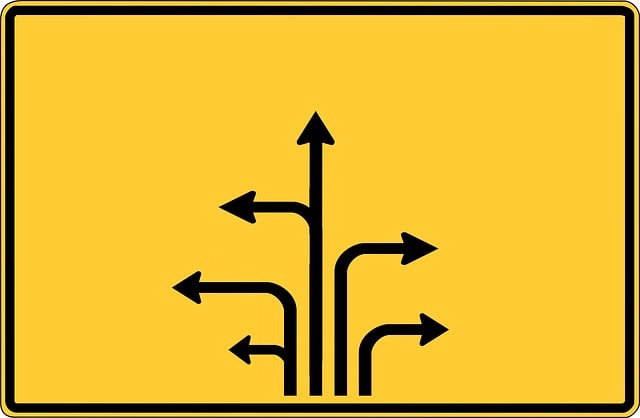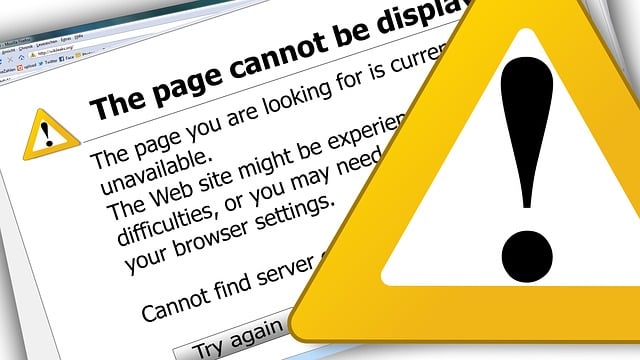In Oregon, attorneys face critical challenges like procedural errors, strategic missteps, and communication failures, which can weaken client cases. To avoid these Oregon defense mistakes, lawyers must stay updated on case law, follow strict guidelines, maintain clear client communication, and conduct thorough reviews. A comprehensive Oregon defense guide covering intake to trial preparation is essential for minimizing common defense errors in Oregon, ensuring robust legal representation, and upholding the integrity of the justice system.
In the intricate world of Oregon law, understanding and mitigating common defense errors is paramount for legal professionals. This comprehensive guide aims to illuminate the most frequent missteps in Oregon defense cases, exploring their profound impact on client outcomes. We delve into practical strategies, drawing from real-world case studies, to equip lawyers with tools to avoid these pitfalls. Furthermore, essential components of a robust Oregon defense strategy are outlined, providing a valuable resource for legal practitioners seeking to deliver meticulous and successful client defenses.
- Understanding Common Defense Errors in Oregon
- – Overview of typical mistakes made by legal defenders
- – Impact of these errors on client cases
Understanding Common Defense Errors in Oregon

In Oregon, like many jurisdictions, a variety of common defense errors can significantly impact legal cases. These mistakes range from procedural lapses to strategic missteps and factual misunderstandings. Understanding these potential pitfalls is the first step towards avoiding them. Legal professionals in Oregon must be adept at navigating complex laws and regulations to ensure their defenses are robust and effective.
Avoiding defense errors involves staying informed about case law, understanding evidentiary rules, and adhering strictly to procedural guidelines. Effective communication between attorneys and clients is also crucial. Oregon’s legal system places a high value on fairness and due process, so ensuring every detail is handled accurately can make all the difference in the outcome of a case. A comprehensive Oregon defense guide should address these common mistakes to help legal practitioners deliver the best possible representation.
– Overview of typical mistakes made by legal defenders

In Oregon, as in many jurisdictions, legal defenders often fall into a pattern of making similar mistakes that can weaken their cases. These common defense errors range from procedural mishaps to strategic oversights and communication breakdowns. For instance, failure to timely file motions or respond to key evidence can significantly hinder a defendant’s chances. Miscommunication between the client and defender is another pitfall; misunderstandings about case details or strategies can lead to critical mistakes. Moreover, neglecting to thoroughly investigate and prepare for cross-examination often results in weak defenses and missed opportunities to challenge prosecution witnesses.
To avoid these Oregon defense mistakes, it’s crucial for legal defenders to maintain meticulous records, stay organized, and prioritize clear communication with their clients. Regular case reviews and strategic planning sessions can help identify potential pitfalls early on. Utilizing available resources, such as expert witnesses or specialized investigators, can also enhance the quality of the defense. An Oregon defense guide focusing on these areas—from initial client intake to trial preparation and execution—is essential for ensuring robust legal representation.
– Impact of these errors on client cases

In Oregon, as in many jurisdictions, common defense errors can significantly impact client cases, often leading to poor outcomes and a loss of trust in the legal process. These mistakes range from procedural oversights to strategic missteps, each with the potential to undermine the effectiveness of a defense. For instance, failure to meet strict filing deadlines can result in case dismissal, barring further recourse. Similarly, inadequate investigation or misinterpretation of evidence may weaken the defense’s position, making it harder to convince a judge or jury of the client’s innocence.
The consequences are far-reaching, affecting not just the immediate case but also the client’s reputation and future legal prospects. A guide on avoiding defense pitfalls in Oregon is therefore essential for practitioners to ensure their clients receive the best possible representation. By being proactive in managing these common errors, legal defenses can maintain integrity, enhance client satisfaction, and ultimately strengthen the overall justice system.














